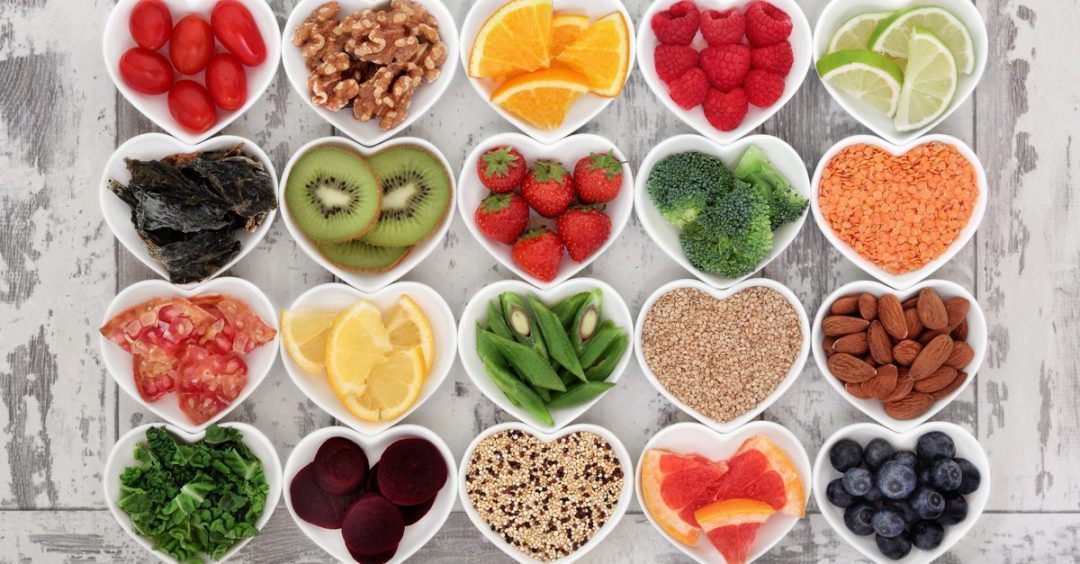Calories, Carbs, Protein & Fat For Weight Loss
It can be a tricky balance: fueling up to perform and recover well as runners, but eating to maintain or even lose a little weight.
How Much Should You Eat To Fuel Your Runs But Not Put On Weight?
That’s our starting point. Is one of your running goals to lose a little weight? Here’s a scary thing: it’s perfectly possible to be a regular runner putting in serious mileage and still not lose weight. Frustrating, but true! Many people make one of two mistakes: overestimating the calorie burn of running, or underestimating the calories they’re eating.
It’s very easy to overdo it after a run (you’re hungry, thirsty, feel proud of yourself and consider that you’ve earned a treat or a big meal). And it’s easy to overdo it before a run, too (how many of us overestimate how much we need to eat up for a run without considering how much fuel our bodies already store?).
It’s time to do some number-crunching. If you want to lose a little bit of weight whilst being an energised and healthy runner, try these calculations as a starting guideline for your over all daily caloric intake; your weight in pounds (lbw) x 16 calories (Example: a 140 lbs (10 stone) female runner could start by aiming for 2240 calories)
From there, we need to break those calories down into macro nutrients (protein, carbohydrates and dietary fat). There’s no simple answer to the question of macro nutrient split and all three give our bodies calories – which equal energy. So it’s not quite true to say that runners need energy from carbohydrates, because our bodies take energy from every food.
Try to consider that protein is very important for the repair of all cells (including muscles, tendons and ligaments), fats are crucial for good hormone health and brain function, and carbohydrates are an excellent source of energy (because the body finds it very easy to utilise it).
You could start with a nice simple approach of 40/40/20:
- 40% of your caloric intake from carbohydrates
- 40% from protein and
- 20% from fats.
So for our 140 lb runner, she’d look to eat about:
- 900 calories from carbs
- 900 from protein and
- 450 from fats (although hopefully she won’t sweat the tiny details – this is meant to be helpful not a hassle!).
So the next step is having fun with food choices!
As you already know, it’s best to choose foods which are as unprocessed as possible and as close to their natural state.
Think about cooking from scratch, buying “one ingredient” foods, and reading food labels (if you don’t know what an ingredient is, can’t pronounce it or think it sounds like a chemical it’s probably best to leave it on the shelf…).
Choose good quality, natural, healthy foods for your carbohydrates, protein and dietary fats and you’ll be amazed




